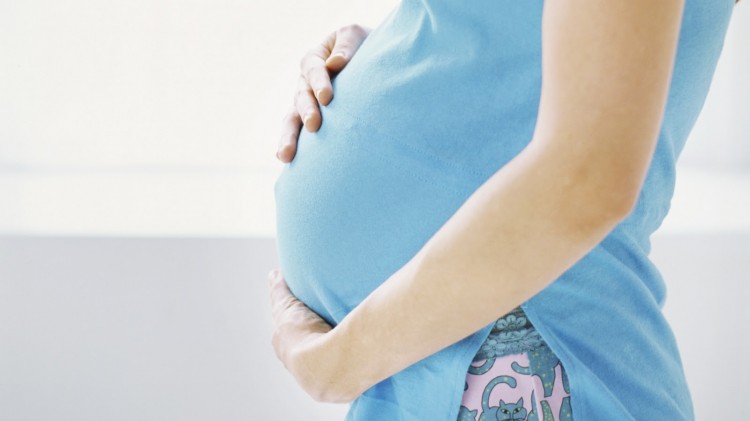Can You Drink Coffee While Pregnant?

Going through caffeine withdrawal is never fun, but it’s especially not fun when you are also pregnant. While you are ecstatic at the thought of welcoming your new baby, pregnancy does come with a list of things that you are supposed to give up. Foods, drinks, substances, and activities that you were perfectly fine to use or do a month ago are now completely off limits. And, for good reason. You want to do everything in your power to protect your little one, but is complete abstinence necessary?
The initial cause for limiting caffeine consumption during pregnancy started in the 1980s when a study found that pregnant rats that were exposed to caffeine saw harmful side effects in their fetuses. In 2008, a study by the Kaiser Permanent Division of Research was published that showed women who drank more than 200 milligrams of caffeine a day had twice the miscarriage risk as women who consumed no caffeine. To put 200 milligrams of caffeine into perspective, that’s about 2 cups of coffee or 5 cans of soda. Another study compared 17 epidemiological studies on the fetal effects of caffeine consumption and found no causal association between 300 milligrams of caffeine intake and birth outtake.
Now, most sources say that women who are pregnant or trying to conceive should avoid caffeine in excess. Excess is a very loose term. Some say that pregnant women should drink no more than 200 milligrams of caffeine a day, which is about 12 ounces of coffee, depending on the brew. Going back to that study from the 80s, those rats were consuming excessive amount of caffeine: equivalent to around 60 cups of coffee a day for a 130-pound adult.
Obviously, most people are not going to be drinking anywhere near 60 cups of coffee a day. So, can pregnant women drink coffee? That’s up to you. At the end of the day, caffeine is a drug, and it is going to cross the placenta to the baby. It’s your choice what you should do during your pregnancy. It would be wise for you do your own research about the caffeine effects during pregnancy and make your own personal decision on the issue. It should also be taken into consideration how coffee and caffeine effect you personally. Some people can get jittery from just half a cup, while some can drink a cup before bed and still sleep fine. If you handled coffee well before your pregnancy, then it probably is not going to change just because you are pregnant.
If you are pregnant and considering using caffeine or drinking coffee, you should always consult with your doctor. One suggestion might be to try out decaffeinated coffee, if you think that it might work for you. But, generally, moderate consumption of coffee is okay during your pregnancy and should not cause any problems. Enjoying a cup of coffee every now and then during your pregnancy shouldn’t cause any harm; just try not to get over that 200 milligram mark. Always remember that more than that is associated with a higher risk of miscarriage and low birth weight, which can lead to other health problems.
What happens after your baby is born, though? Can you drink coffee while breastfeeding? Again, it’s a controversial issue. In 2004, a Brazilian study found that babies of mothers who drank high amounts of caffeine were awake more often when compared to babies whose mothers drank little caffeine. But they also found that the effect was negligible, and that drinking caffeine during pregnancy and while breastfeeding didn’t affect infant sleep.
Again, consuming caffeine while breastfeeding is a personal choice. Most recommend that while breastfeeding, caffeine consumption should be in moderation. It is known that babies under six months are more sensitive to caffeine in breast milk, especially when the mother avoided caffeine completely while pregnant. Therefore, if your baby shows signs of caffeine sensitivity, you should consider decreasing your consumption.
In general, much like during pregnancy, moderate caffeine consumption while breast feeding is perfectly safe, although it is important that you monitor your caffeine consumption. Aside from coffee, caffeine can sneak up on you, and you might be consuming more caffeine than you realize. Caffeine can be found in tea, sodas, coffee, and even chocolate.

No Comment